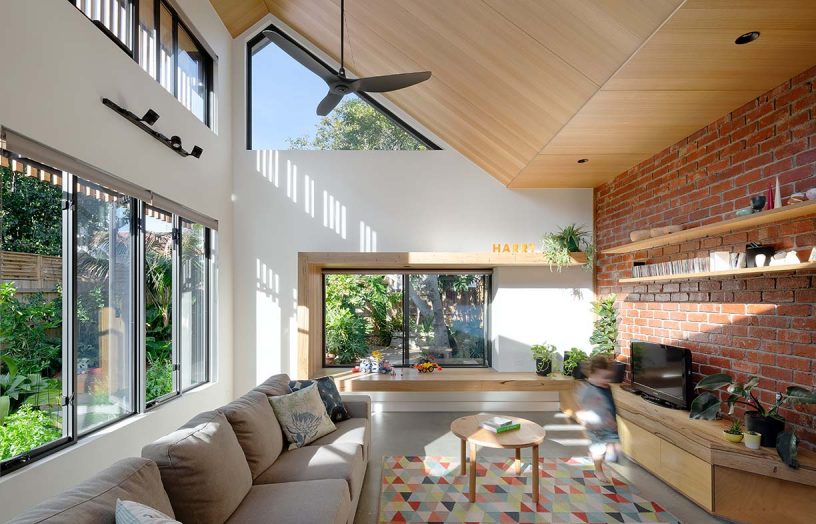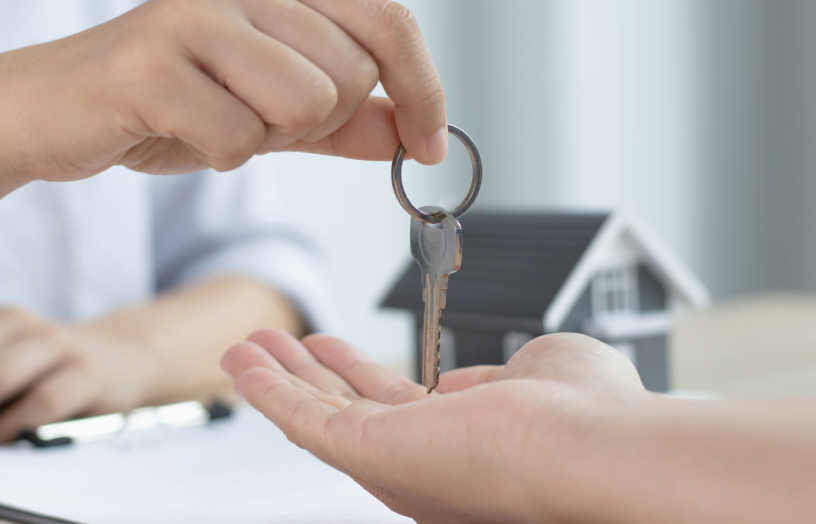More and more Australians are living in sustainable homes that not only use much less energy and water, but are also comfortable, healthy and affordable to live in.
But many more live in inefficient homes that are cold and damp in winter, dangerously hot in summer or cost a fortune in bills to keep at a healthy temperature. Energy waste also adds to Australia’s carbon emissions, while climate change impacts such as heatwaves will increasingly expose vulnerable people living in poor quality housing to serious health risks.
Many Australians are held back from taking individual action because they don’t realise their home could be better, don’t know where to get reliable advice, can’t afford the upfront costs, face language or cultural barriers, or they rent their home. Only government action to address these barriers will ensure the benefits of sustainable homes are shared by everyone.
Renew is leading a national coalition of community, consumer and environment groups calling for action to raise the energy and water performance of all Australian homes – new and existing.
Read our call to action “All Australians deserve a healthy, safe, affordable home”

Beyond 6-star for new homes
There’s been no substantive increase in efficiency performance requirements for new homes since the current 6-star standard was introduced in 2010. More than half the homes standing in 2050 will have been built after 2019, meaning today’s standards will continue to influence liveability for millions of Australians for decades to come.
We can’t afford to miss the next opportunity to raise standards for new homes in the 2022 update of the National Construction Code.
Industry leaders are already building higher performing homes with annual energy bills of less than $500 (representing savings of more than $2,000 a year) for as little as $6,000 additional cost (often much less). In many cases, a 1-star improvement can be achieved through better design alone.

Bringing existing homes up to scratch
The vast majority of Australian homes were built before minimum efficiency regulations were introduced in 2003, and average only 1.7 stars in terms of energy efficiency. Without action, this large stock of homes will continue to impose significant energy hardship, health and climate risks into the future. Efficiency upgrades for the average home could cut household energy bills by up to $1,300 a year depending on region.
People on low incomes, renters and social housing tenants are more likely to live in poor quality housing and rely on inefficient appliances that are cheap to buy but expensive to run. But those most in need are typically locked out of access to efficiency upgrades because they can’t afford the upfront costs, face language, cultural or other barriers, or rent their homes. Renters face a ‘split incentive’ whereby landlords have little incentive to invest in efficiency because the benefits largely go to tenants.
We’re working with our community coalition partners to call for a range of policy measures to drive improvements in our existing housing. These include setting minimum efficiency standards for rental homes, requiring homes for sale to disclose their efficiency rating, raising appliance standards and improving information and incentives for households.
Latest news
 Advocacy
Advocacy
Renew joins the call for a better deal for renters
Renew has joined the Healthy Homes for Renters collaboration in urging the Federal Government to provide funding and support to States and Territories to implement mandatory minimum energy performance standards in rental homes.
Read more Advocacy
Advocacy
Minimum energy efficiency standards would cut bills for Victorian renters
Minimum rental standards in Victoria for energy efficiency - draught sealing, insulation and upgrading to efficient electric appliances - would help tenants to make big savings on energy bills. And laws to make landlords pay for gas connection fees would help ensure tenants are not left behind using inefficient and expensive gas for heating, hot water and cooking.
Read more Advocacy
Advocacy
How energy efficient is the house you are buying or renting?
How can you tell how energy efficient your new home is? Renew's submission on Mandatory Disclosure outlines why it's a great idea for homes being sold or rented to come with an energy rating.
Read more
